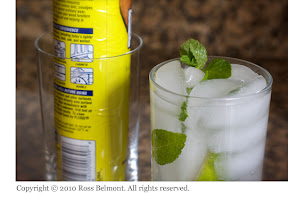Posts Tagged ‘drug use’
Prof. Adam Martin explains how the drug war has altered incentives for both drug buyers and sellers, leading them to favor higher potency drugs. This is what economists call the potency effect.
Prof. Angela Dills discusses the economics of drug prohibition.
Picture a Coke machine next to a Pepsi machine. Let’s say a Coke and Pepsi each cost $1 today. Tomorrow, the price of Coke jumps up to $2. What do you expect will happen? Two things should come to mind. First, fewer people will buy Coke. It’s more expensive. This is the law of demand. The second effect is that some people will now switch from Coke to Pepsi. They are substitutes–when the price of one increases, people buy more of the other. Here are some interesting examples:
Certain nationalities have a relatively harder time gaining American citizenship through immigration and/or naturalization. We’d expect to see an increase in demand for substitutes among these groups. The closest substitute for naturalization is marriage to a U.S. citizen. U.S. immigration policy not only shapes the international marriage market, it does so with national bias.
 In times of economic trouble, finding work can be tedious. It requires dedication, persistence, and patience among other things. When job search costs are high, we expect to see an increase in demand for substitutes. The three that come to mind are government assistance, crime, and civil lawsuits.
In times of economic trouble, finding work can be tedious. It requires dedication, persistence, and patience among other things. When job search costs are high, we expect to see an increase in demand for substitutes. The three that come to mind are government assistance, crime, and civil lawsuits.
Huffing is the act of getting high by inhaling toxic fumes. Minor headlines revolve around fears of epidemics among teens. How can we reduce the amount of huffing? Increase the availability of substitutes. Keep some beer in the garage next to the paint. Fewer kids will choose a chemical high when alcohol becomes more available.
